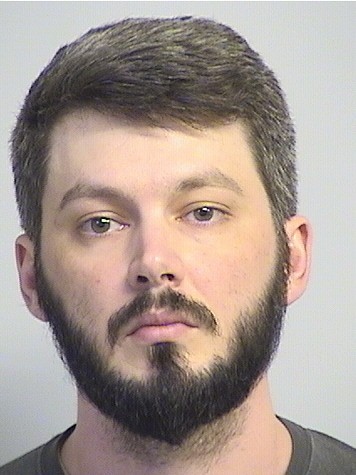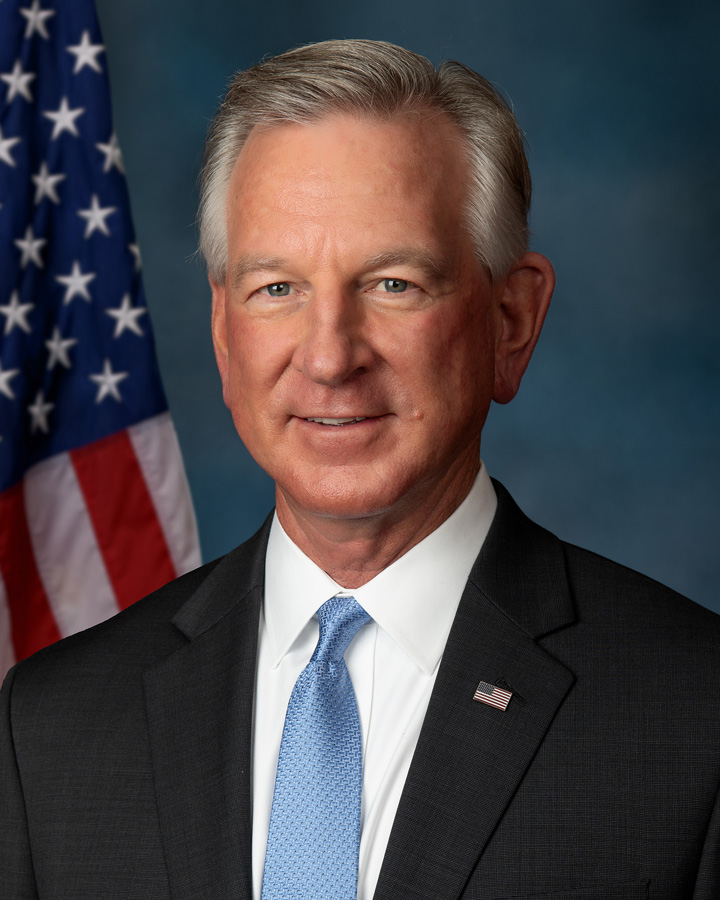Schwab attended Washington University in St. Louis, Missouri, where he majored in history. There he also earned his Master of Arts in modern European and Latin American history. He taught for a year afterwards at the Residence Center of Missouri ?State University.
After spending time in an academic environment, Schwab took a job with the Central Intelligence Agency. He worked mainly as a political/military analyst on Latin American issues and also wrote intelligence papers on international terrorism, nuclear proliferation and counter-narcotics.
During his final years working with the CIA, he was assigned to work in Montgomery at Maxwell Air Force Base. Schwab worked as CIA Representative to the Base Commander while he was there and taught some courses at professional military schools.
Schwab retired from the CIA in 2000 and went back to the academic world. He moved with his family to Tuscaloosa and began work on his doctorate, which he finished in 2007 and with it after writing a dissertation on the history of Guantanamo Naval Base. His dissertation was later published as a book entitled “Guantanamo, USA: The Untold History of America’s ?Cuban Outpost.”
Schwab has been teaching at the University since 2001. During that time, he has taught courses in American History, Western Civilization and Cuban and Caribbean History. While he teaches mostly history courses, he has also taught courses in the Blount Undergraduate Initiative every ?semes ter for five years now in addition to some courses in the Honors College.
He attributes much of his interests in education to his parents. Schwab grew up in Springfield, Missouri, where he said his father was a lawyer instrumental in changing the town’s local government. His mother took an interest in the community as well by involving herself in the PTA and the YMCA Board ?of Directors.
Schwab said both of his parents “exercised a powerful influence in fostering my interest in reading – ?especially in history and literature.”
Stephen Killen is a second-year graduate student studying clinical mental health who is serving as a teacher’s assistant in Schwab’s Blount Undergraduate Initiative class. Killen said students benefit from having Schwab as a teacher because of his ability to make subject matter relatable and applicable to the ?students’ lives.
“Dr. Schwab is able to reach students because he has such strong values that he uses to connect with the subject matter and the students,” he said.
Rachel LeComte, a sophomore who was in one of Schwab’s classes last ?year, agreed.
“Because he has not worked in academia his whole life, he has had a lot of different life experiences and stories to share that give a broader perspective and understanding to students,” ?she said.
While he hasn’t spent his whole career as a professor, Schwab’s experiences with higher education show his commitment to the idea of bettering oneself through education, which he said he wishes to pass on to each of ?his students.
“We live in a challenging world, in which we all need to try to develop our abilities as much as possible to serve humanity and preserve our planet for future generations,” he said.








